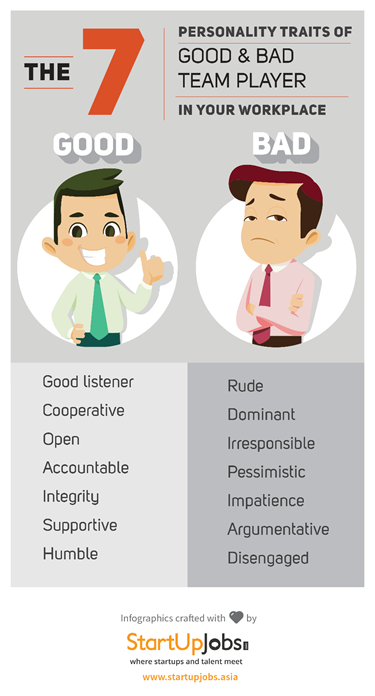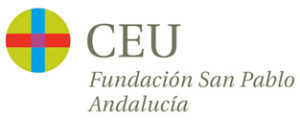BLP A-Z of Learning English: C – Communication Skills… in English!
Did you know that our ability to communicate effectively with others will do more to make us successful than any other skill that you can develop?
Karen Thorley
15/02/2020
Did you know that…
|
Nearly 85% of what you accomplish in your career and in your personal life will be determined by how effective you are at:
- Getting your message across
- Interpreting other peoples’ messages
- Inspiring other people to take action
|
Nearly 99% of all of the difficulties between human beings, and within organizations are caused by breakdowns in the communication process.
- People do not say what they mean clearly enough
- Other people do not receive the message that was sent in the form in which it was intended
|
The word “Communication” is derived from the Latin word “Communis” which means to make “Common”
As human beings, we all have “hard skills” and “soft skills”… and we tend to have different balances between them, depending on our preferences, personality, upbringing, education, experiences etc… But surely the most common skill, and one of the most important soft skills, is communication. We cannot escape communication – we do not live in isolation, we need to communicate verbally, or non-verbally, all our lives.
- Numerical ability
- Technical knowledge
- Computer skills
- Maths and calculus
- Analytical skills
- Certification
- Levels of knowledge
- Structure
- Medibles
- Tangibles
- Languages
- Robotics
Hard skills are clearly defined and measurable.
They are things we can do alone.
|
- Emotional Intelligence
- Open mindedness
- Communication
- Active Listening
- Empathy
- Team work
- Leadership
- Time Management
- Flexibility
- Creativity
- Critical Thinking
- Problem solving
- Decision-making
- Intercultural intelligence
Soft skills are more Intangible and not easy to measure, and generally involve interaction.
These are things we need to do with other people.
|
Given equal hard skills, which person would you rather work with?
Even if you are limited in education, experience or intelligence, being able to communicate effectively with others is the most powerful, un-limiting success tool you could ever have.
But, communication is actually quite a complex thing…
10 different
possibilities to be misunderstood!!!!
So we need to work on making our communication as effective as possible.
COMMUNICATION IS A SOFT SKILL THAT HUMANS NEED TO SURVIVE:
STEP 1 From very small, we learn to communicate with the people nearest to us…
| First through body language… |
then with sounds and gestures… |
then with words… |
 |
 |
 |
STEP 2 ….Then, as we grow up, we learn to communicate orally, by speaking and listening…
We also learn to communicate by either reading or writing
we discover strategies and practices that do, or don’t get the desired results in different situations:
So, our communication needs to be effective to:
- explain ourselves clearly
- understand other peoples’ needs properly
- ask (the right) questions
- understand the answers
- complete studies and for advancement at work
- build rich and effective relationships with the people around us, and with new people…
«The workplace is not a popularity contest. It is about getting your job done effectively. But you can get it done more effectively if you are likable, if you have people skills»
(Peter Hendal, quotehd.com)
In the work place, we may have the hard skills, the technical knowledge, the know-how or the right qualifications but how we progress in our company, in our business, in our career, depends much more on how we interact with other people; both internally, such as colleagues, superiors, subordinates, employees, the people in our teams etc, and externally, such as clients, customers, visitors, the public, special guests, politicians or decision-makers.
So, if your “normal” communication abilities are affected when having to communicate in English, my 10 top tips are:
- Learn, practice and use and also learn to recognise, the appropriate vocabulary and expressions in English for your context, in order to send and interpret messages correctly.
- Work on being able to understand connected speech patterns – the way we speak English naturally – expose yourself to different accents, and try to make your own accent as understandable as possible, focusing on the specific sounds you find most difficult.
- Learn to be aware of register and spelling when writing. It is a complicated skill when doing it in English as the written word stays on paper as proof, so it needs to be as correct and accurate as possible, apart from being impactful.
- Be aware of translation – it can help or hinder!!! False friends or the wrong word or expression can often be the cause of a communication breakdown. One company said to their client “everything is under control” – So why did the client complain? Because in their language “under control” means less than the acceptable level.
- Develop both extensive and intensive listening skills – and practice active listening.
- When speaking, your fluency, maybe your confidence or your nerves are often affected more than in your own language, so you need to practice, rehearse and train a little more.
- You have fewer resources to cope in different situations (a typical question is “What do you say (and do) in English when someone receives some bad news or has lost a member of their family?” – people often don’t know what to say if this happens.)
- We need to develop cultural intelligence, to be able to adapt our language – and actions – to be suitable to different contexts.
- Read as much as possible – taking note of how other people use the language, words and phrases etc.. and of course, spelling!!
- Find and practice ways to increase your impact and be as clear as possible.
Communication in English is certainly a challenge, but a powerful tool when used correctly, so therefore is worth investing in for your own success.








































Leave a Comment
Lo siento, debes estar conectado para publicar un comentario.